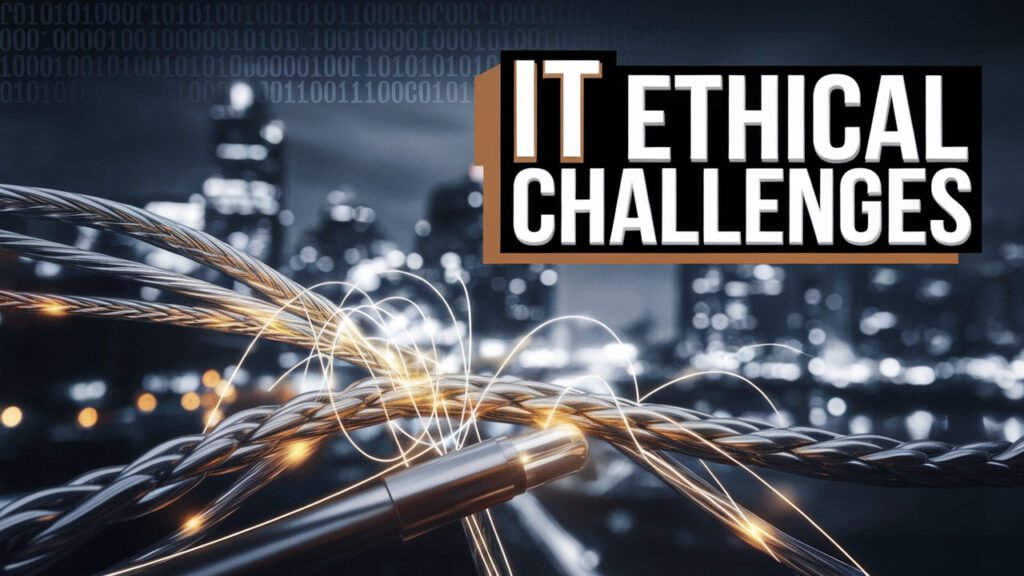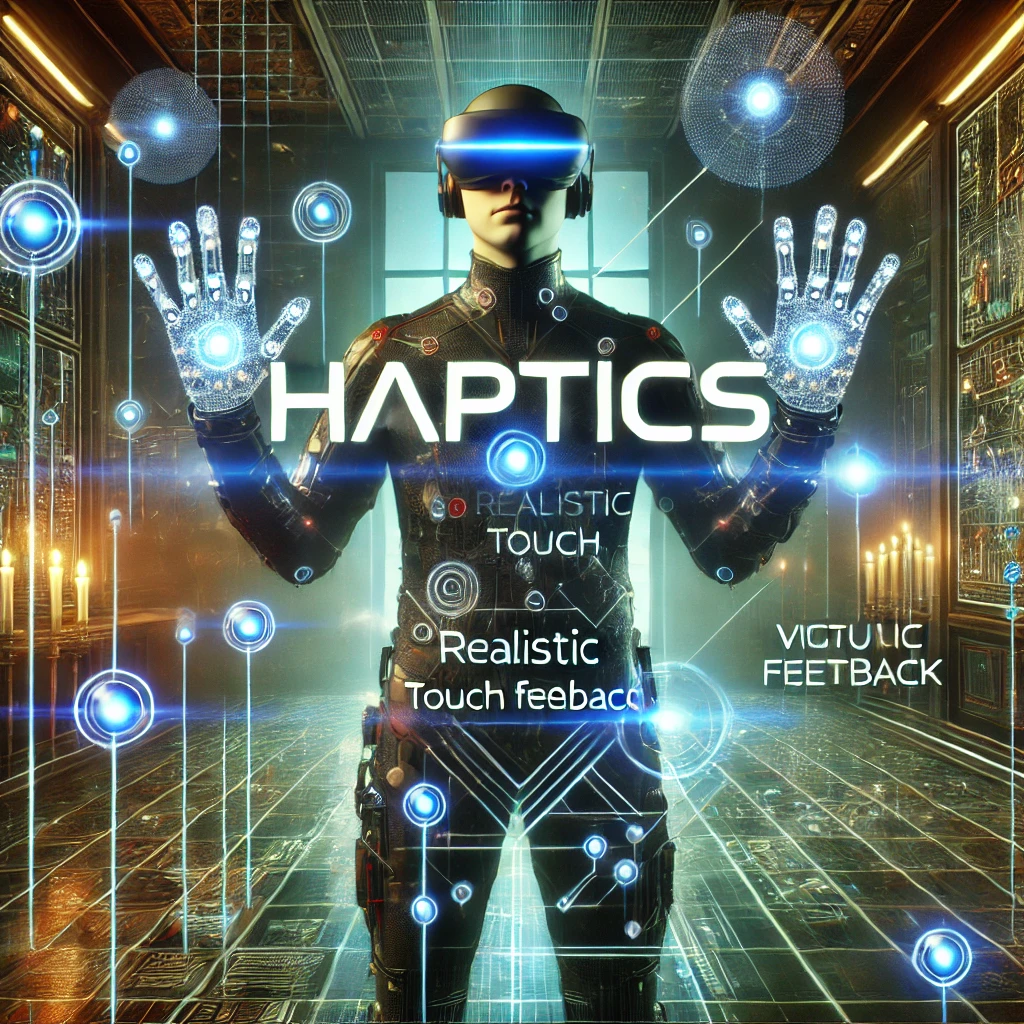The Transformative Power of Information Technology

Introduction
Information Technology (IT) has transformed the world, reshaping industries, communication, and everyday life. IT refers to the use of computers, software, networks, and electronic systems to process, store, and transmit information.
From the advent of the internet to the rise of artificial intelligence, IT continues to drive innovation and economic growth. This article explores the history, applications, benefits, challenges, and future trends of IT.
The History of Information Technology
The journey of IT dates back centuries, evolving through various technological breakthroughs:
- Pre-Computer Era: The earliest methods of information processing included the abacus, tally sticks, and mechanical calculators. The invention of the printing press in the 15th century revolutionized information dissemination.
- The Birth of Computers (1940s-1950s): The first electronic computers, such as ENIAC and UNIVAC, were developed to process large amounts of data. These machines laid the foundation for modern computing.
- The Rise of Personal Computing (1970s-1980s): The introduction of microprocessors led to the development of personal computers (PCs) by companies like Apple and IBM. The graphical user interface (GUI) made computers more accessible to the general public.
- The Internet Revolution (1990s-2000s): The World Wide Web revolutionized communication and commerce. Email, websites, and e-commerce platforms emerged, transforming how people interact and conduct business.
- Cloud Computing and Mobile Technology (2010s-Present): The rise of smartphones, cloud storage, and big data analytics has made IT more dynamic and accessible. Advancements in artificial intelligence (AI) and cybersecurity continue to shape the industry.
Applications of Information Technology
IT is integral to various sectors, enhancing productivity and efficiency. Some key applications include:
- Business and E-Commerce: Companies use IT for data management, digital marketing, online transactions, and supply chain optimization. Platforms like Amazon, eBay, and Shopify have revolutionized online shopping.
- Healthcare: Electronic Health Records (EHR), telemedicine, and AI-powered diagnostics have improved patient care and medical research. Wearable devices track health metrics in real-time.
- Education: IT has revolutionized learning through online courses, virtual classrooms, and digital libraries. Learning Management Systems (LMS) enhance remote education.
- Finance and Banking: IT enables secure transactions, mobile banking, and cryptocurrency trading. Automated trading systems use AI to analyze market trends.
- Entertainment and Media: Streaming services like Netflix and YouTube rely on IT for content distribution. Video games and virtual reality (VR) provide immersive entertainment experiences.
- Government and Public Services: IT facilitates e-governance, online tax filing, and digital identity verification. Smart city initiatives use IT for traffic management and public safety.
- Cybersecurity: With the rise of cyber threats, IT is crucial in protecting data through encryption, firewalls, and AI-driven threat detection.
Benefits of Information Technology
IT offers numerous advantages that improve personal and professional life:
- Efficiency and Productivity: Automation reduces manual labor, allowing businesses to operate more efficiently.
- Global Connectivity: IT enables instant communication via emails, video calls, and social media.
- Cost Reduction: Cloud computing and remote work reduce operational expenses.
- Innovation and Growth: IT drives technological advancements, creating new business opportunities.
- Data Management: IT facilitates the storage, retrieval, and analysis of vast amounts of information.
Challenges and Ethical Concerns in IT

Despite its benefits, IT presents several challenges:
- Cybersecurity Threats: Hacking, data breaches, and ransomware attacks pose risks to individuals and businesses.
- Digital Divide: Unequal access to technology creates disparities in education and employment opportunities.
- Privacy Issues: Data collection and surveillance raise ethical concerns about personal privacy.
- Job Displacement: Automation and AI may replace certain jobs, requiring workforce adaptation.
- Technological Dependence: Over-reliance on IT can lead to vulnerabilities in case of system failures.
The Future of Information Technology
IT continues to evolve, with emerging trends shaping its future:
- Artificial Intelligence and Machine Learning: AI-powered systems will enhance automation, data analysis, and decision-making.
- 5G and Connectivity: Faster internet speeds will improve communication, IoT devices, and smart city infrastructure.
- Blockchain Technology: Decentralized systems will enhance security in finance, healthcare, and supply chain management.
- Quantum Computing: This cutting-edge technology has the potential to revolutionize data processing and encryption.
- Sustainable IT Practices: Green computing initiatives focus on reducing the environmental impact of IT infrastructure.
Conclusion
Information Technology is a driving force behind global progress, influencing nearly every aspect of modern life. While IT presents challenges, responsible innovation and cybersecurity measures can mitigate risks. As technology continues to advance, IT will play a pivotal role in shaping the future, fostering economic growth, and improving human experiences worldwide.








Hi http://thetechglow.com/fekal0911 Admin